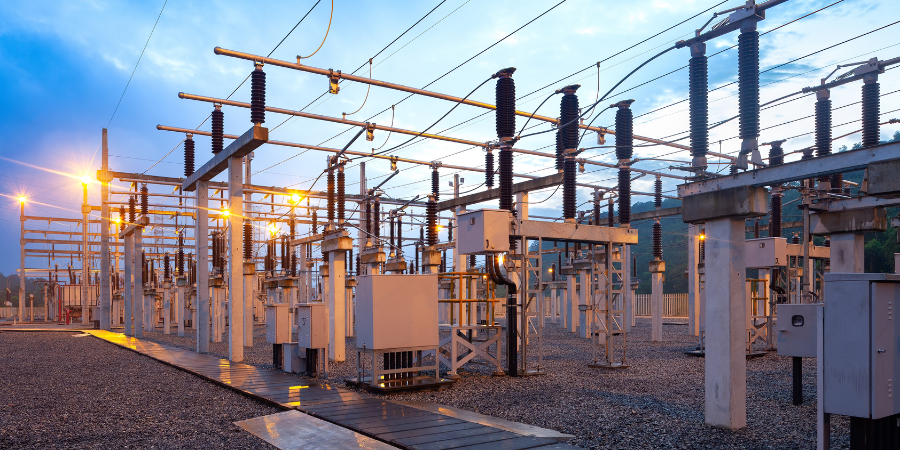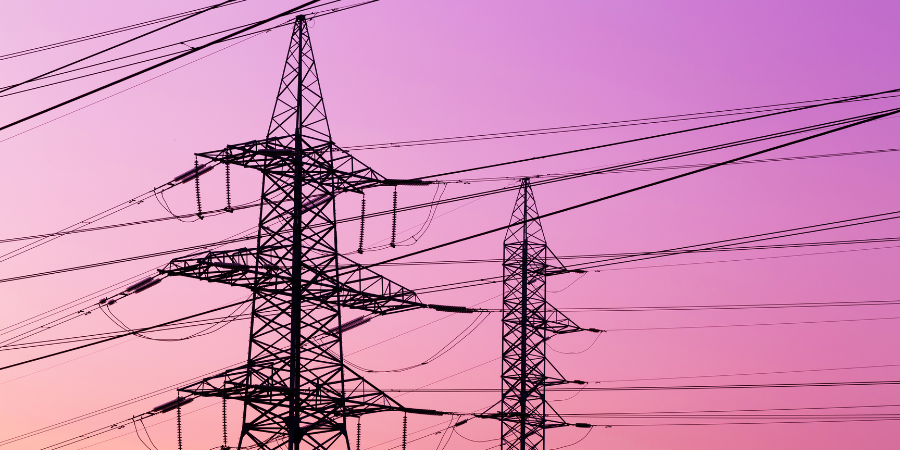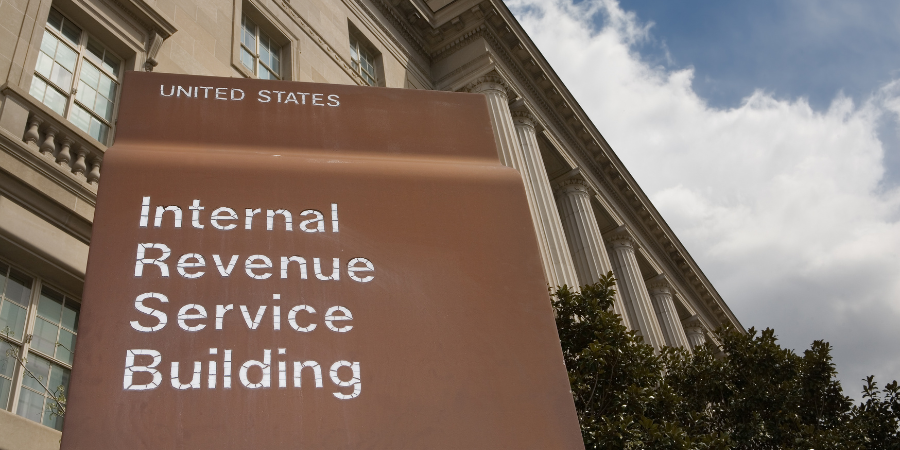Utility costs are a significant expense for commercial and industrial businesses. However, many businesses overpay for utilities due to billing errors, inefficiencies, and lack of monitoring. Conducting utility audits and studies can uncover savings opportunities and ensure you only pay for what you use. This article will delve into the importance of utility audits and studies across various services, including telecom, electric, gas, waste, water, and sewer.
The Importance of Utility Audits
- Identifying Billing Errors
- Utility bills are often complex, with potential for errors and overcharges.
- Audits can detect discrepancies such as incorrect rates, meter reading errors, and redundant charges.
- Cost Savings
- By identifying and correcting billing errors, businesses can secure refunds and reduce future costs.
- Audits help uncover inefficiencies and optimize usage patterns.
- Improved Efficiency
- Utility audits provide insights into usage patterns and opportunities for efficiency improvements.
- Implementing recommended changes can lead to significant cost savings and sustainability benefits.
- Regulatory Compliance
- Ensuring compliance with utility regulations and tariffs can prevent penalties and legal issues.
- Audits help businesses adhere to industry standards and best practices.
Types of Utility Audits
- Telecom Audits
- Service Optimization: Identify lower-cost providers and optimize service plans.
- Billing Accuracy: Check for billing errors, unused services, and overcharges.
- Contract Review: Ensure contract terms are favorable and competitive.
- Electric Audits
- Rate Analysis: Evaluate current rates and compare with alternative suppliers.
- Demand Management: Identify peak usage periods and implement demand response strategies.
- Energy Efficiency: Recommend energy-saving measures and technologies.
- Gas Audits
- Rate Verification: Ensure correct rates are applied and explore fixed vs. floating options.
- Usage Analysis: Assess consumption patterns and identify waste reduction opportunities.
- Supplier Comparison: Compare different suppliers to secure the best rates.
- Waste Audits
- Service Assessment: Evaluate waste removal services and identify cost-effective alternatives.
- Recycling Opportunities: Implement recycling programs to reduce waste disposal costs.
- Contract Evaluation: Review waste service contracts for favorable terms and conditions.
- Water Audits
- Flow Optimization: Ensure accurate meter readings and optimize water flow to reduce waste.
- Leak Detection: Identify and repair leaks to prevent water loss and high bills.
- Usage Monitoring: Implement monitoring systems to track and manage water consumption.
- Sewer Audits
- Billing Accuracy: Verify sewer charges and correct any billing errors.
- Usage Reduction: Implement measures to reduce water usage and associated sewer costs.
- Compliance Check: Ensure compliance with local sewer regulations and standards.
Conducting a Utility Audit
- Data Collection
- Gather utility bills, contracts, and usage data for the audit period.
- Compile historical data to identify trends and anomalies.
- Analysis and Review
- Conduct a detailed analysis of bills, usage patterns, and contract terms.
- Identify discrepancies, inefficiencies, and potential savings opportunities.
- Recommendations
- Provide actionable recommendations to correct billing errors and optimize utility usage.
- Suggest efficiency improvements and alternative service providers.
- Implementation and Monitoring
- Assist with implementing recommended changes and negotiating new contracts.
- Monitor ongoing usage and bills to ensure sustained savings.
Conclusion
Utility audits and studies are essential tools for businesses looking to manage costs and improve efficiency. By identifying billing errors, optimizing usage, and ensuring regulatory compliance, utility audits can lead to significant cost savings and operational improvements. Whether it’s telecom, electric, gas, waste, water, or sewer services, a comprehensive audit can help your business uncover hidden savings and enhance overall utility management. Investing in regular utility audits is a proactive step towards financial prudence and sustainability in today’s competitive business environment.
Comfort Profit consulting specializes in comprehensive utility studies and utility audits to find savings and refund opportunities. Contact us today to learn more.






